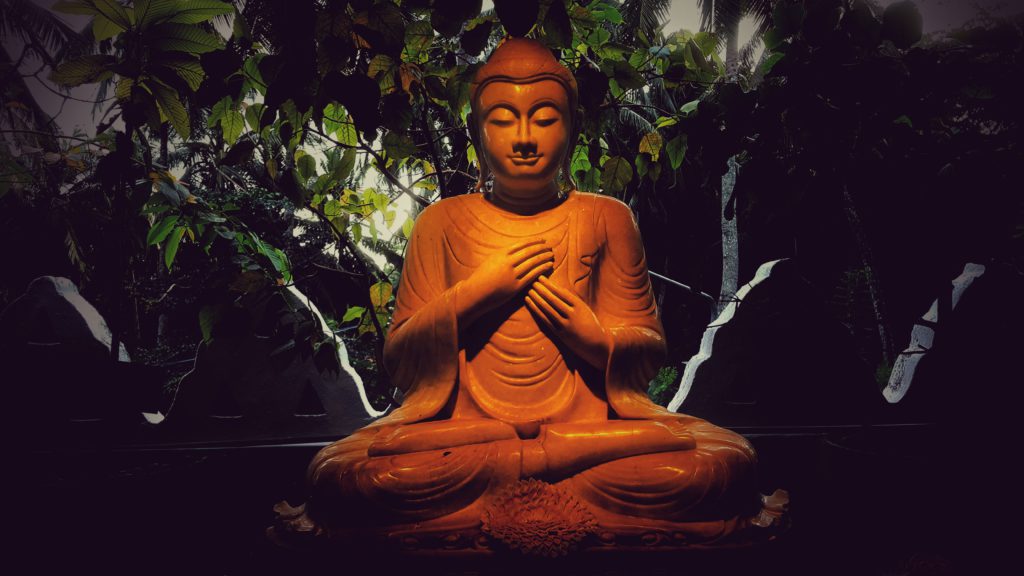Posted inBuddhist Teachings
A psychological view of karma – part 3: Mental states
As we saw in A psychological view of karma (part 2), karma - which literally means ‘action’, but refers specifically to an intention or mental action - influences our life…



